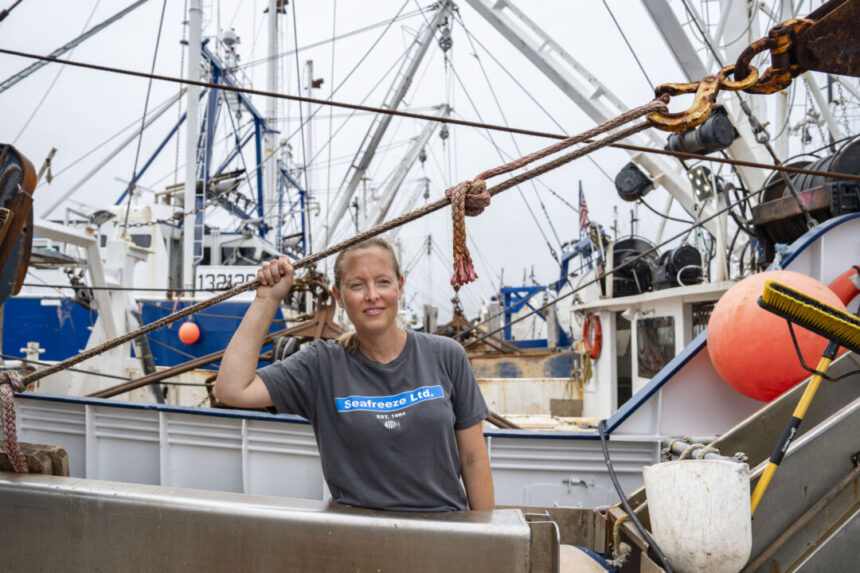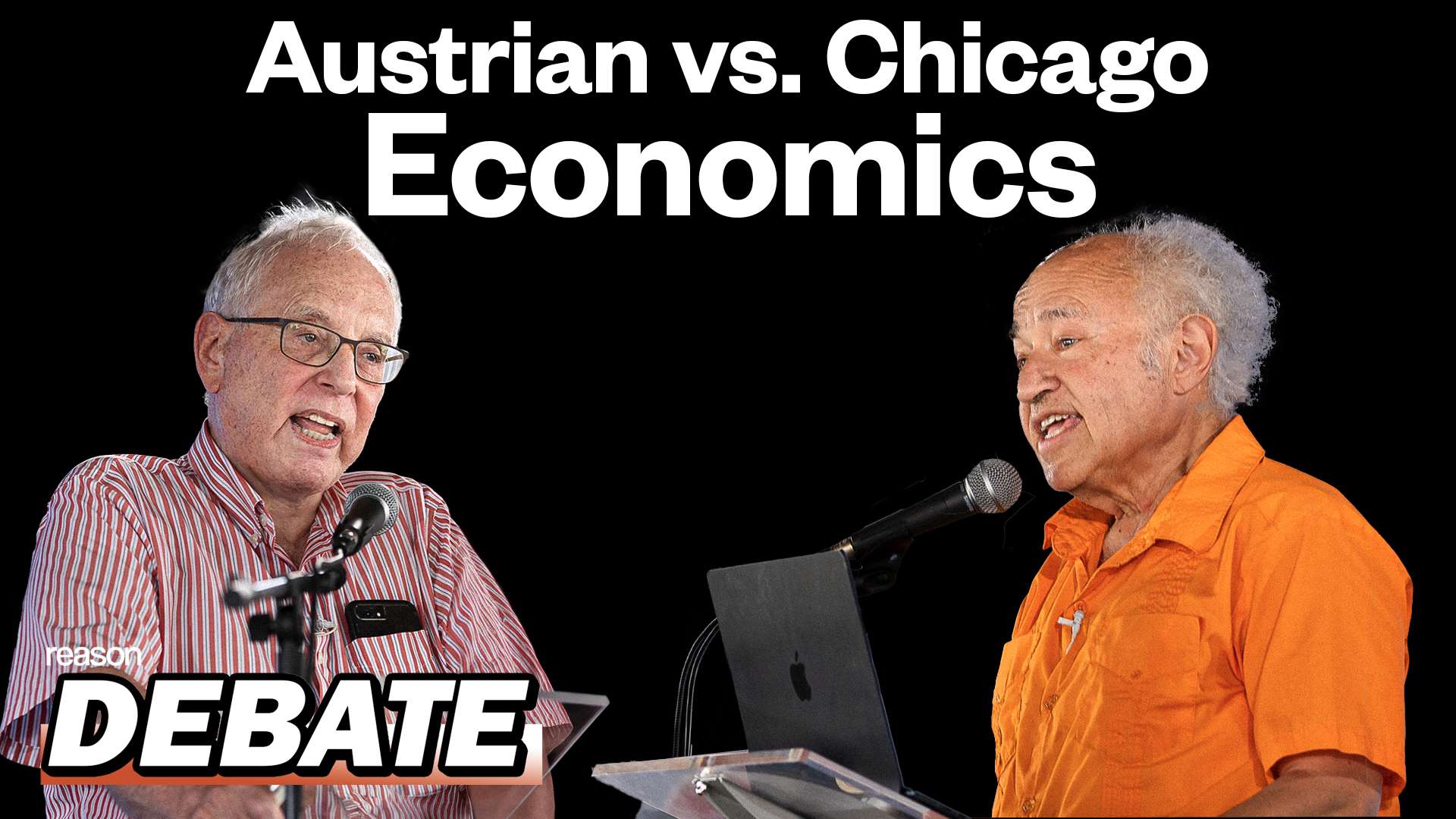Vecchione and his team argued that the Chevron doctrine had given federal agencies too much power and had allowed them to overreach in their authority. They believed that the decision in Loper Bright et al v. Raimondo was a crucial step in reining in this excessive power.
The ruling in favor of the New England fishing vessel operators marked a significant shift in the balance of power between federal agencies and the courts. It signaled a potential sea change in how regulations are interpreted and enforced across a wide range of industries, from environmental protection to labor laws.
The case, which began as a dispute over the requirement for herring boat operators to pay for third-party monitors, ultimately led to a landmark decision that could have far-reaching implications. The Supreme Court’s decision to overturn Chevron deference will likely have a ripple effect on how federal agencies operate and how their regulations are challenged in court.
Overall, the victory for the fishing vessel operators may have started as a small battle, but it has the potential to have a lasting impact on the administrative state and the balance of power between federal agencies and the judiciary. Vecchione stated that lower courts, specifically Judge Smith in Rhode Island, deemed the rule regarding fishing operators paying for monitors as ambiguous, but they were constrained by Chevron deference. He highlighted that in two cases, the lower courts only ruled in favor of the agencies due to deferring to the agencies’ interpretation of the law. Consequently, they appealed to the Supreme Court, which decided to hear the case in May 2023.
During the Supreme Court hearing in January, Justice Kavanaugh raised a crucial point about citizen suits against the government under Chevron deference. Meghan Lapp noted that suing the government under Chevron puts citizens at a disadvantage in court, contrary to what the Founders intended.
In a significant victory on June 28, the Supreme Court sided with the fishermen in a 6-3 decision, effectively overturning Chevron deference. Chief Justice John Roberts, along with Justices Alito, Thomas, Gorsuch, Kavanaugh, and Barrett, held that courts should not defer to an agency’s interpretation of the law solely because of ambiguity in a statute. Justices Kagan, Sotomayor, and Jackson dissented, expressing concerns about the majority’s decision granting excessive power to the judiciary.
Lapp described the ruling as the culmination of nearly a decade of efforts to protect fishermen’s rights. She emphasized that the decision restored the principle of “equal justice under law” and leveled the playing field in the courts.
The group’s attorney, Mr. Chenoweth, praised the fishermen for persuading the Supreme Court to remove bias in challenging unlawful government regulations. Vecchione emphasized the importance of agencies not exceeding their authority and fully complying with the court’s ruling.
To ensure federal agencies comply with the decision, the NCLA is establishing the “Relentless Working Group,” comprising public interest organizations. This group will prevent agencies from circumventing the court’s opinion or introducing new forms of deference like Chevron.
Vecchione affirmed the group’s commitment to upholding the Supreme Court’s decision and preventing any attempts to reintroduce Chevron deference through alternative means. He emphasized their determination to address any challenges that may arise. Please rewrite this sentence.
Source link





